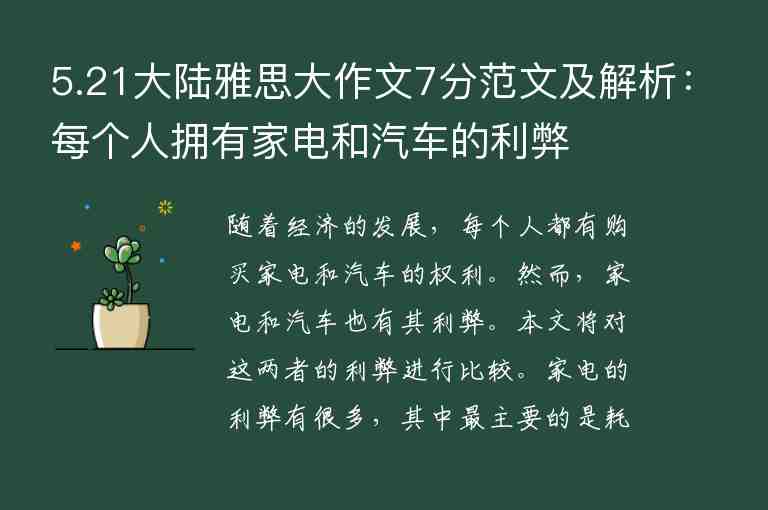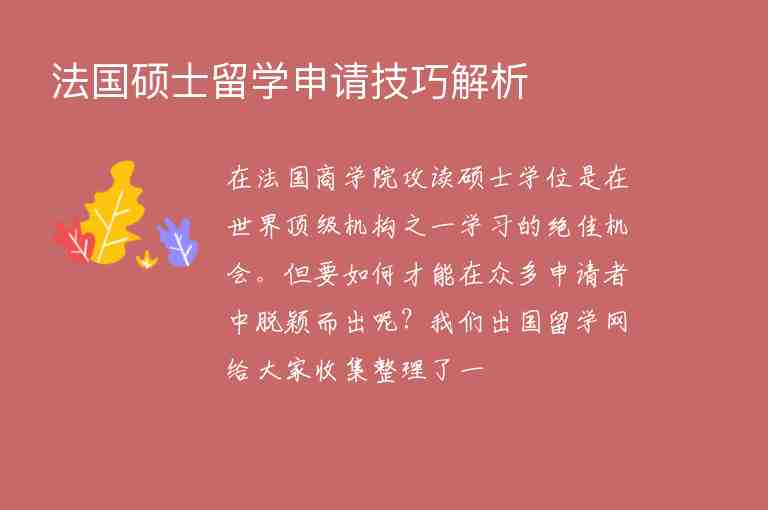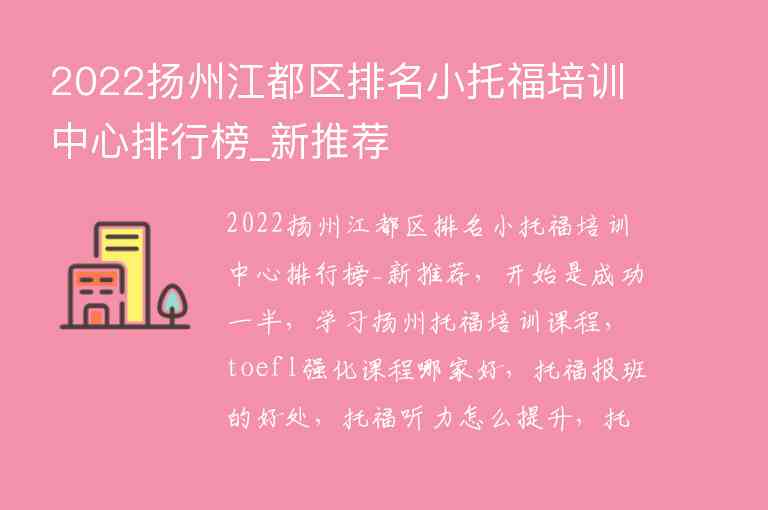
随着经济的发展,每个人都有购买家电和汽车的权利。然而,家电和汽车也有其利弊。本文将对这两者的利弊进行比较。 家电的利弊有很多,其中最主要的是耗电量大、维护成本高等。汽车的利弊主要是污染严重、耗油量大等。 总的来说,家电的利弊远大于汽车的利弊。因此,我们应该根据自己的情况选择合适的产品。
利弊类大作文,社会类话题
It is suggested that everyone in the world should have a car, a TV and a fridge. Do you think the advantages outweigh the disadvantages?
题目来源:2022年5月21日大陆雅思大作文(重复2010年4月24日大陆考题)
1
题目大意
有人建议世界上每个人都应该有用一辆汽车、一台冰箱和电视,你认为利弊如何?
2
思路解析
这是一道利弊类大作文,讨论的是每个人都拥有汽车、冰箱和电视的利弊。利弊类文章需要强调在论证上体现合理性,即在具体的分析中,明确能体现出一边的论述的确是大于另一边,或是利弊均等,而利弊是否有说服力并不取决于观点的数量,而是内容是否有说服力。题目理解上不难,下面月半鸭带大家来看下具体观点。
首先来看好处,有两方面。
一是能够极大的改善人们的生活质量。电视机能够丰富人们的娱乐生活;冰箱让食材特别是肉类和水产储存更久;汽车则能让人出行更加方便,不会受到气候或公共交通不足的影响。每个人都会希望让自己的生活变得更好,因此让人们能拥有这些工具是利于个人的。
二是有利于经济发展。家电和汽车的需求增长会促使厂家有动力进行生产以增加营收,过程中能够创造大量就业岗位。同时,消费者和商家的交易过程中也能为政府带来GDP和税收,进而使得政府有更多资金能够投入各个领域的建设和研究。
然后来看坏处,这里分别给出利大于弊(前者)和弊大于利(后者)两种思路下的弊端
大量的电器和汽车,会带来环境污染问题和能源消耗问题。这些设备想要正常运作需要消耗大量的煤炭和石油,这会加重能源负担,同时燃油汽车也会排放废气,进而导致温室效应对环境造成破坏。(但随着科技进步,更多清洁能源和科技的运用使得这个问题能够得到改善,比如太阳能发电和电动汽车。)
弊大于利的话需要扣在everyone上,如果每个人都拥有电视、冰箱和汽车,那将是一个非常巨大的数量。即使能源和废气排放能够解决,但制造这些商品就需要投入巨额的原料,并且迭代过程中还会产生大量难以处理的废弃垃圾。同时,每个人都拥有汽车对于城市的道路系统也会是个巨大考验,特别是在大城市中,过多的私家车运行可能会遭严重的道路堵塞甚至瘫痪,甚至可能都没有足够空间用于停车。(以上海为例,目前私家车大约有350万辆,就已经足够造成道路拥堵了,如果按上海人口2400万人,每人一辆那就是目前数量的近7倍……)
3
提纲
4
高分范文示例
It is universally accepted that everyone needs a car, a TV, and a fridge to make life more convenient. Though using these facilities may be advantageous for the general public, I personally believe that the potential harm outweighs the advantages.
It can be justified that possessing these facilities brings several benefits to everyday life. Firstly, they help raise people’s standards of living by making life more comfortable. Compared with the past decades when recreational activities were quite limited, the advent of television enriches people’s lives through providing them with greater entertainment. Meanwhile, travelling by private vehicle makes it possible for individuals to enjoy great freedom in planning routes, timing and destinations. In addition, refrigerators help preserve food stuffs so that people who are fully occupied can have easy access to leftovers as food can maintain its natural appearance and nutritive value in the fridge. Secondly, a growing demand for these possessions stimulates production and generates more income for the companies. In the long run, such consumption would further contribute to the national economy, through which governments would be able to accumulate significant tax revenues to subsidize projects that benefit the whole population.
However, a heavy dependence on vehicles and appliances may pose a threat to both the environment and the well-being of the general public. For one thing, having too many vehicles on the roads is likely to cause traffic congestion, and this would also be a major producer of toxic emissions that aggravate environmental pollution and harm people’s health. For another, the manufacturing of automobiles, refrigerators and televisions necessitates a significant amount of resources. Therefore, if every single individual has a demand for these facilities, it would result in massive energy consumption that may be beyond what the globe could offer. Moreover, although environmental concerns may be addressed through technological advancement, energy depletion is by no means reversible.
In conclusion, the possession of cars, TVs, and fridges could bring both benefits and drawbacks, but the negative impacts seem to be more impressive.
范文作者:张乔西
5
相关词汇和语法结构
Standard of living 生活水平
Recreational activities 娱乐活动
Tax revenue 税收收入
Toxic emissions 废气排放
Aggravate 加剧





